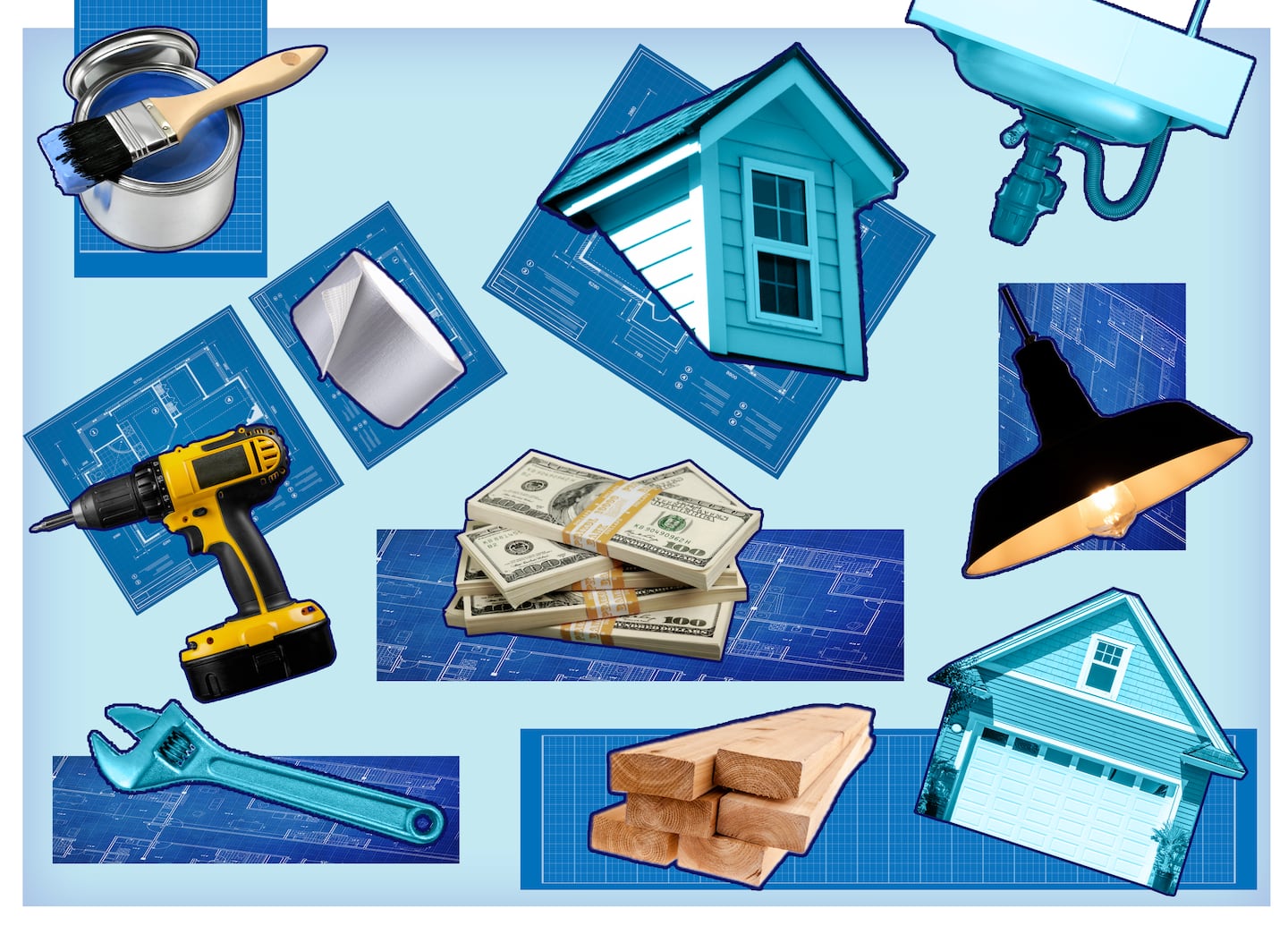A
modern kitchen boasts a spacious island crowned with gray quartzite, surrounded by blue tufted dining chairs that feature silver nail‑head trim.
Hans Nagrath, a Boston‑area managing director at Compass real estate who also designs and builds, stresses that kitchen and bathroom upgrades boost both everyday enjoyment and long‑term value. “The most impactful renovation is a functional, stylish kitchen—it lifts the entire home,” he says. “A primary bathroom is a key selling point; the kitchen is the heart, the bathroom the indulgence.”
Mudrooms are a practical solution for many New England homes that lack storage. Nick Falkoff, general manager of Auburndale Builders, notes that mudrooms add immediate utility without the plumbing or electrical work that can inflate costs. “People love them, and they look great,” he says.
Falkoff also advises homeowners to tackle “weak points” that a home inspector will flag—such as a failing roof or water damage—before adding more glamorous features. “Remove problems early; they become negotiation points later.”
Neil Harvey, president of Harvey Remodeling, warns against masking issues with quick fixes. “Don’t tile over old wood that will need replacement,” he says. “Upgrade plumbing before you finish the room; copper pipes can last 30–50 years, so check their age before you commit to tile.”
Adding flexible spaces—bedrooms, home offices, or study areas—offers future buyers versatility. Basement renovations can bring in light, fresh air, and extra square footage at a relatively low cost, boosting resale value.
Landscape design should focus on cohesion and flow. “A walk‑through that follows nicely painted siding, tidy mulch beds, and a paver patio creates a seamless transition to the indoors,” Nagrath explains. Mismatched paint or finishes can overwhelm buyers.
A fresh coat of paint, even in the same color, can refresh a home. Replacing carpet with hardwood adds aesthetic appeal and hygiene. New kitchen cabinets can be a cost‑effective alternative to a full gut. Simple landscaping—well‑maintained grass, a few shrubs or plants—can make a big visual impact.
Personal touches should reflect the homeowner’s style but remain approachable to buyers. “Balance your personality with the house’s natural aesthetic,” Nagrath advises. “Avoid trendy, permanent changes that may not appeal to everyone.” Pandolfi adds that customization should aim for universal appeal, drawing inspiration from the home’s era—modern or Victorian—rather than chasing fleeting trends.
Cost‑vs‑value data from the Journal of Light Construction’s Remodeling 2025 report shows that a garage door replacement in New England can return 268 % of its cost in a sale, while adding a primary bedroom suite may recoup only 18 %. However, these figures vary by location and market. “If your garage door is already in good shape, replacing it won’t magically boost resale value,” Harvey says. “Adding a suite is often driven by family needs rather than resale.”













